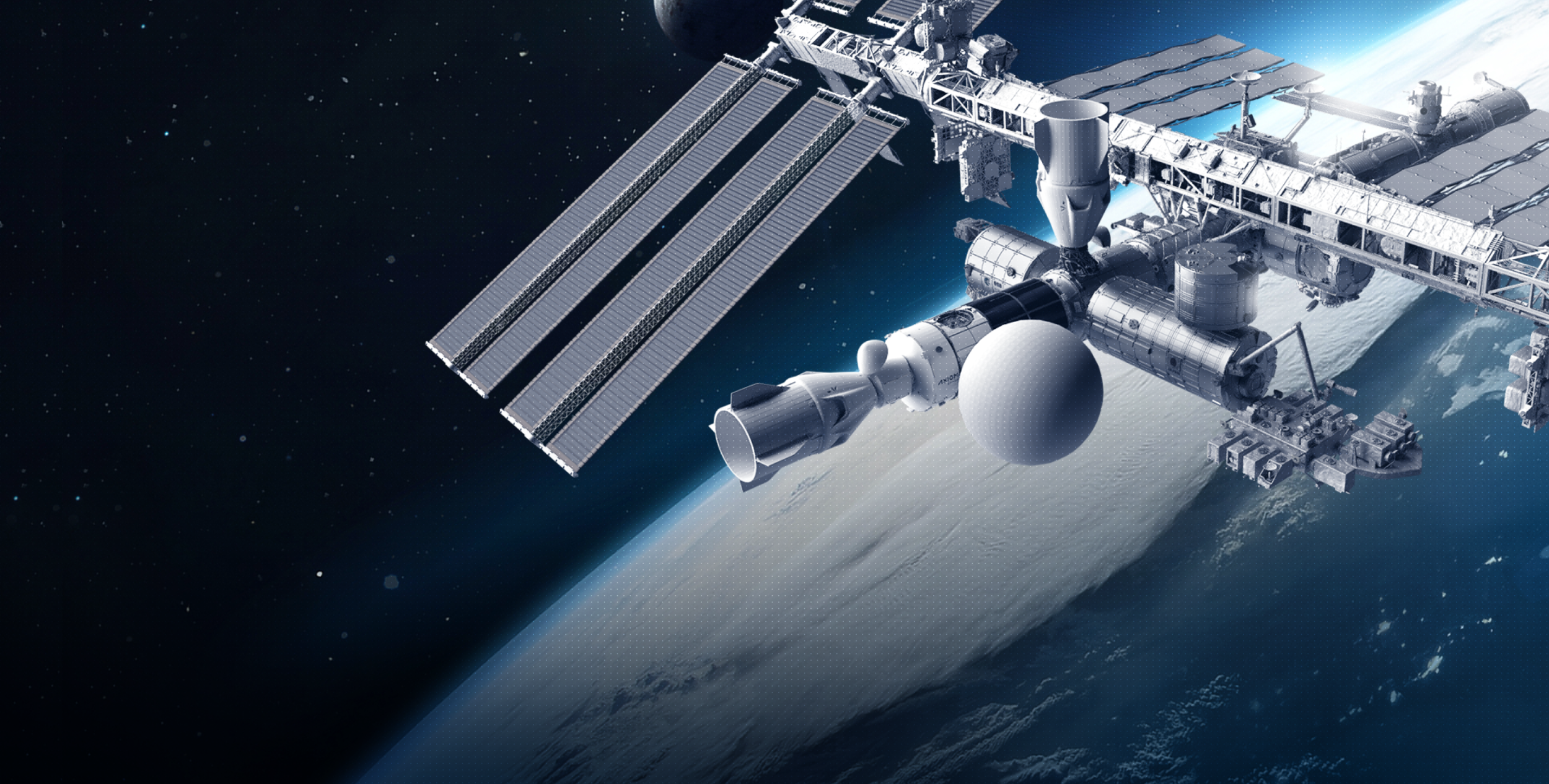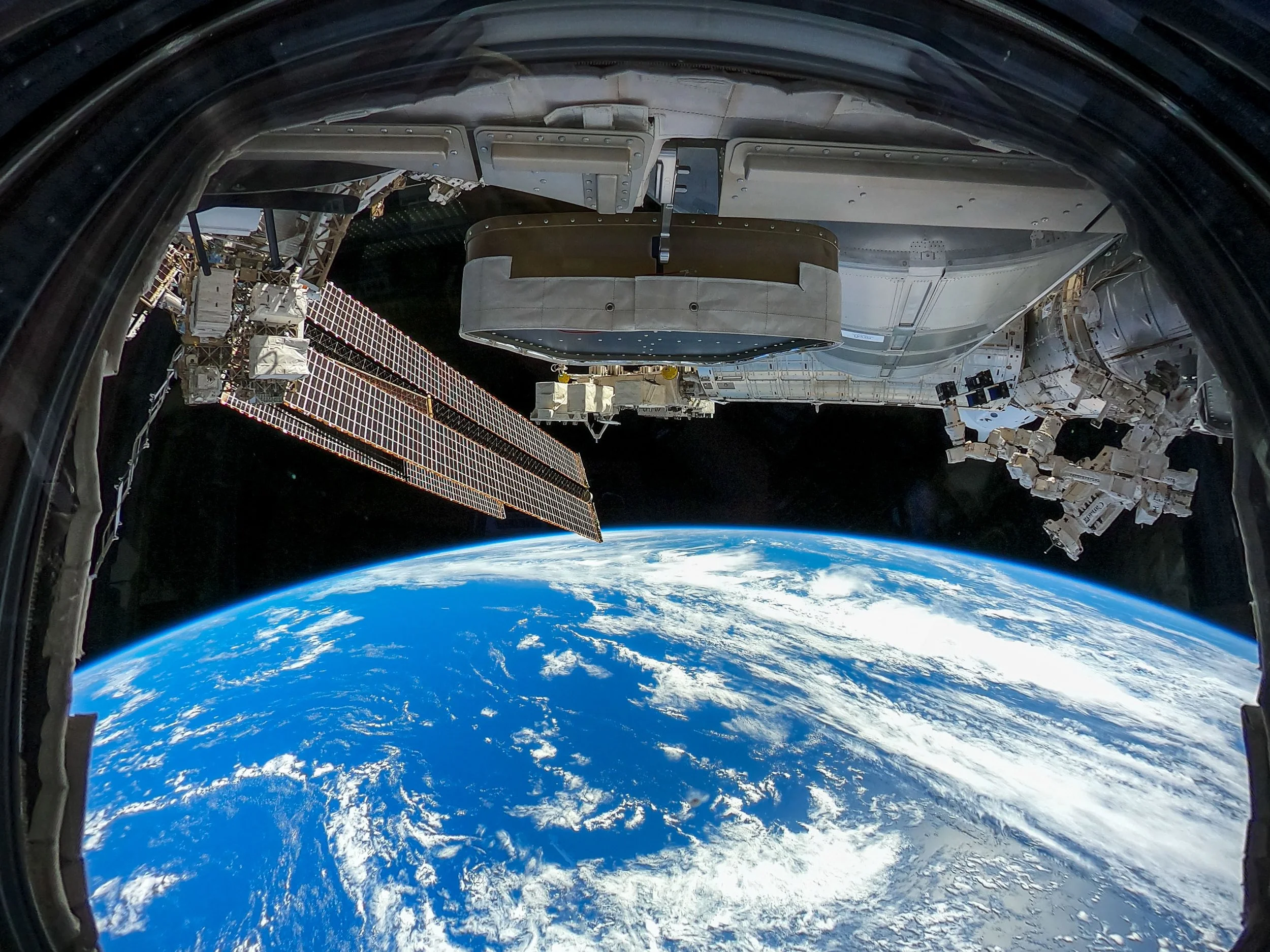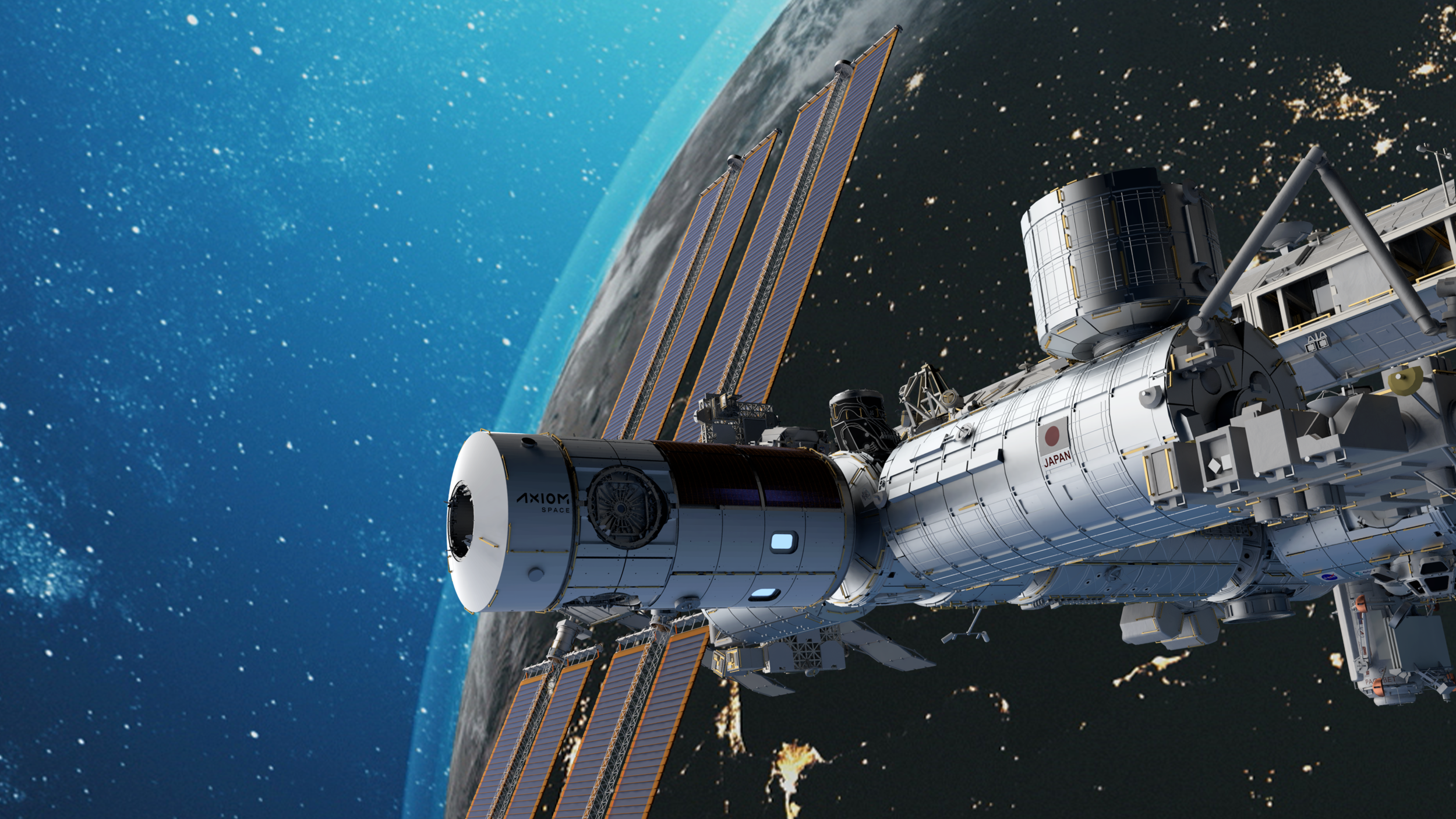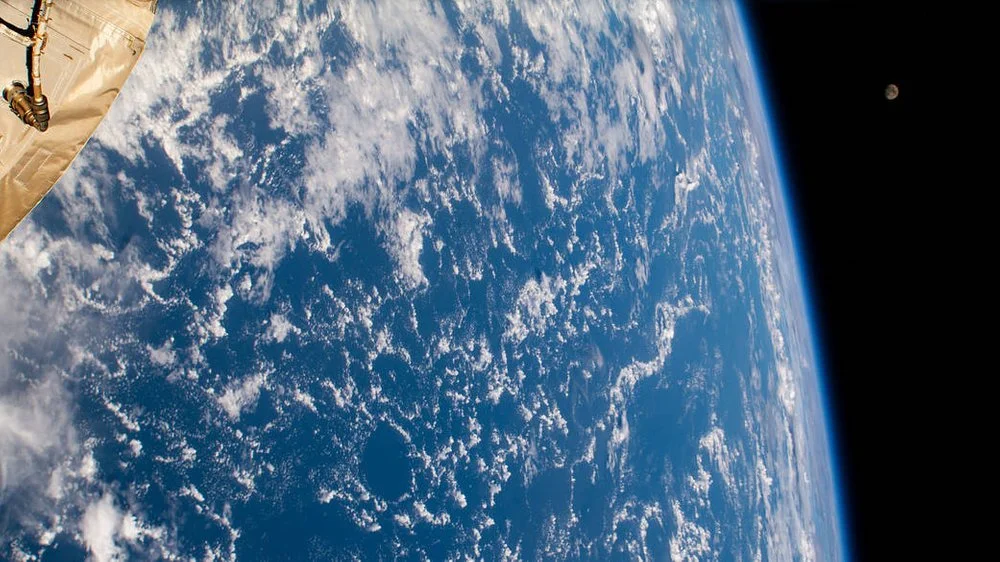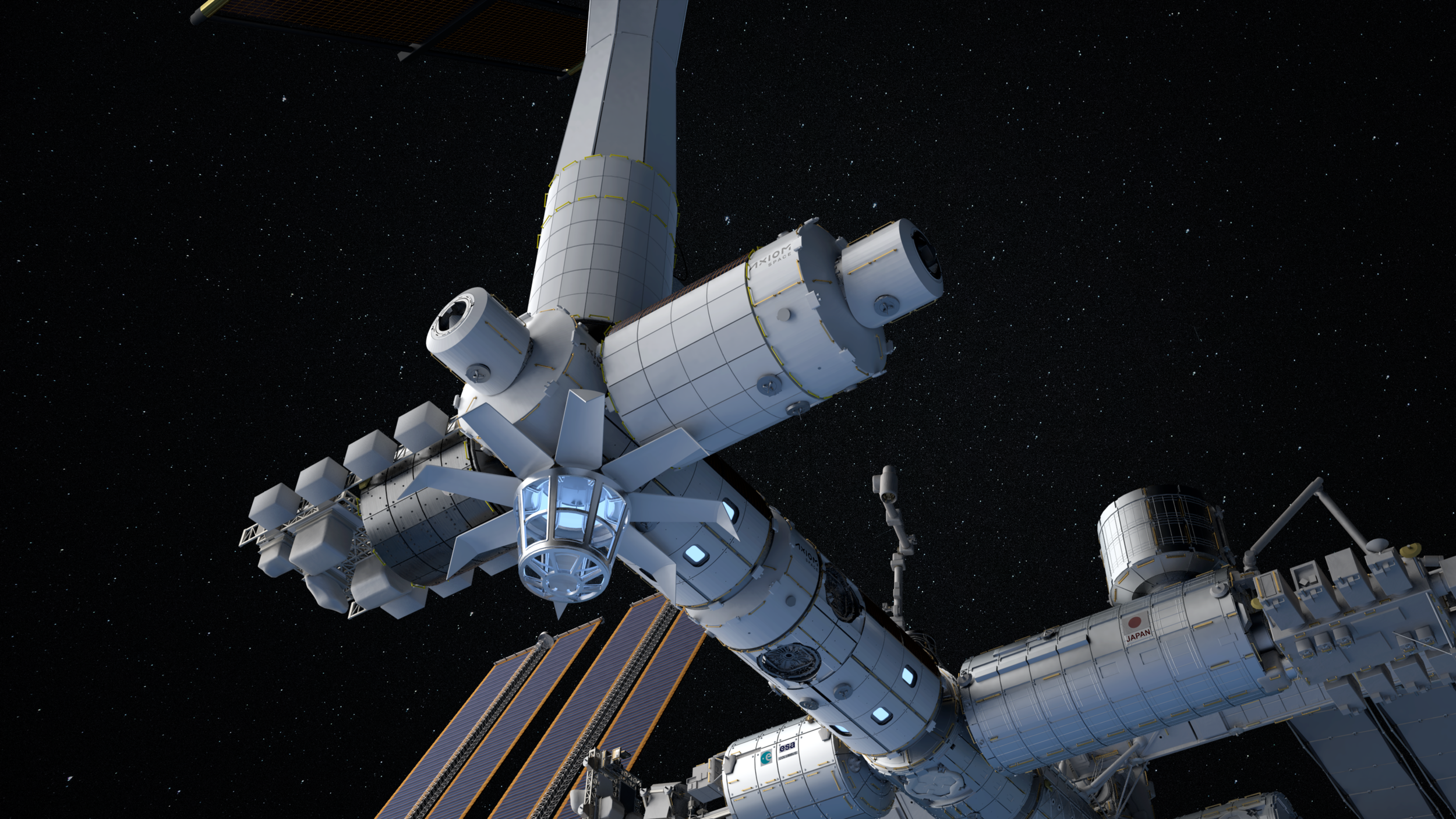After months of training, the Ax-1 Crew is getting ready to head into quarantine. To mark this final phase of preparation, Axiom Space released new photos of the Ax-1 crew. The photos, taken in Houston, shows the crew in their Axiom Space flight suits.
Completing hundreds of hours of training, exceeding NASA requirements, the Ax-1 crew is set to be the first all-private crew mission to the International Space Station (ISS). The four-person multinational crew is composed of Commander Michael López-Alegría of the USA/Spain, Pilot Larry Connor of the USA, Mission Specialist Eytan Stibbe of Israel, and Mission Specialist Mark Pathy of Canada.
To prepare for the 10-day mission, including eight days onboard the ISS, each crew member completed training in safety, health, ISS systems, launch site operations, emergency protocols, and additional training for research and technology demonstration payloads. While on the station, the Ax-1 astronauts will complete over 25 science experiments and technology demonstrations. The Ax-1 mission is a pathfinder mission for Axiom Space’s Axiom Station, the world’s first commercial space station.
View more images with the Ax-1 crew members on our Mission Updates


